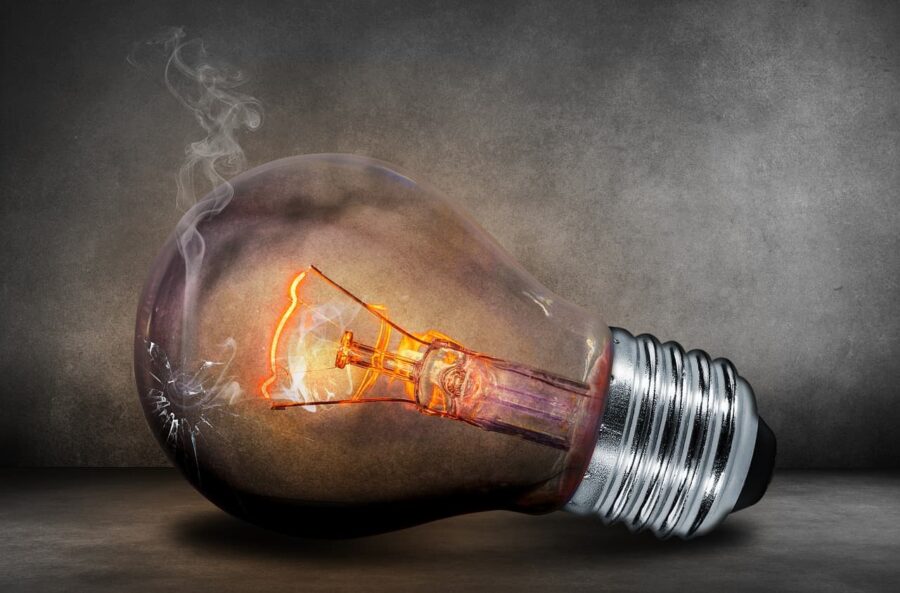
10 Tips on how South Africans can save on energy costs
South African households can reduce monthly household bills by making a few tweaks to their utility usage and by taking the power of energy costs into their hands

It’s important to note that if we use less energy we will begin to notice the effects it has on our environment.
The 18,5% Eskom increase has driven up the cost to supply electricity and is impacting households. By developing no-cost smart energy use habits, households can start saving on their electricity bill. It’s possible for residents to save even more by adding a few low-cost ways to save. By developing smart energy use habits it is possible for everyone to play their part in more efficient usage. Adopting energy-saving practices will not only save money, it will also help us to all live in a more sustainable manner and to contribute to greater energy security.
ALSO READ: Shack dwellers look to renewable energy to power informal settlements
Tips to manage household bills:
- Reduce your geyser’s temperature to 60 degrees Celsius to reduce costs
- Put a timer on your water heater
- If possible, replace old appliances with more energy efficient models
- Buying electricity in bulk is not cheaper. Rather buy small amounts as required to stay on the cheaper tariff band
- Use less, pay less for both water and electricity
- Make use of energy-efficient light bulbs like LEDs
- Limit purchases to below 600 kWh per month
- Install a prepaid meter to give greater control and measurement
- Make sure that appliances are turned off at the wall
- Have energy-efficient shower heads installed
Common myths busted and how buying electricity units in the right way can reduce costs
| MYTH | TRUTH |
| You should buy as many units as you can in one go as they are cheaper in bulk. | Buying in bulk is not cheaper! Only buy what you need! You should only buy what you need in a given month – this will keep your costs down. When buying in bulk, you move onto the second block for units above the monthly usage threshold, which is more expensive. So, buying in bulk can be considerably more expensive. |
| You should rather make many small purchases in the month so that you stay within the cheapest block rate with each purchase. | Many small purchases could cost you more! The rate applied on each purchase is dependent on previous purchases in the month (i.e. it accumulates). Once the first block is bought up, you automatically move to the second block irrespective of the number of times you made a purchase. |
| Monthly totals are based on how much you use, not on how many units you buy at a time. | It is about how many units you buy. Prepaid meters are not intelligent meters. The meter merely accepts tokens and then reduces as the units are consumed. When buying electricity at a vending station, our computer server determines what has been bought previously in the month and what block rate to apply to the purchase of electricity for the given amount. |
| You pay more per unit when you use electricity in winter months or during peak hours in the evening. | Residential tariffs are the same, no matter the time or season. Residential tariffs do not differ according to the time of the day or the year when electricity is consumed. |
